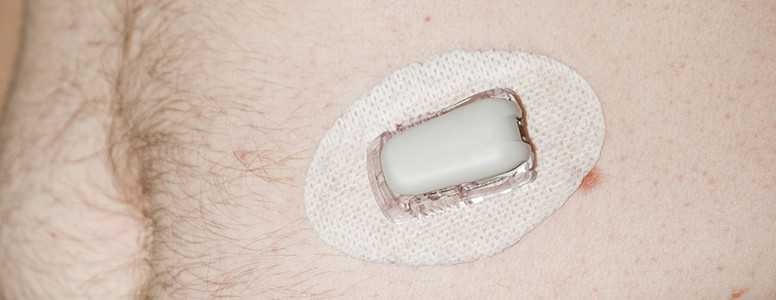Young people with type 1 diabetes and type 2 diabetes have a higher risk of developing diabetic retinopathy (DR) in later life, research suggests, and a US scientist has called for more to be done to protect at-risk youths.
Lead scientist Sophia Y. Wang, MD, says young people with diabetes deemed at risk of retinopathy should undergo early ophthalmic examinations and receive periodic eye screening by an eye care professional.
The UK guidelines for diabetic eye screening state that an appointment should be offered once per year to children aged 12 years and over.
In a forthcoming edition of Ocular Surgery News, Wang said: “There is a perception that diabetic retinopathy is very uncommon in youth with [diabetes mellitus].
“We hope that our study will help inform pediatricians and other health care providers who care for youth with diabetes about the importance of referring [them] to ophthalmologists or optometrists to check for DR at least as often as the current guidelines recommend.”
The study, originally published in November 2016, included patients who were newly diagnosed with type 1 diabetes or type 2 diabetes, all of whom were aged 21 years or younger. Just over 14 per cent went on to develop retinopathy during the eight years of follow-up.
More than one in five of those with type 1 diabetes and seven per cent of those with type 2 diabetes received a retinopathy diagnosis, which surprised Wang’s team, who were expecting lower figures.
A higher average HbA1c level was shown to be a direct risk factor for retinopathy, with HbA1c higher among type 1 diabetes patients, on average, than those with type 2 diabetes.
“Based on our study results, we believe that additional research is needed to help better understand the ideal timing of screening for DR and that there may be groups of patients with high-risk features (i.e., worse glycemic control) who may benefit from earlier screening than other patients who have fewer risk factors,” said Wang.
Wang and colleagues added that more research is needed to better understand when youths with diabetes should begin undergoing ophthalmic screenings for retinopathy.
What's new on the forum? ⭐️
Get our free newsletters
Stay up to date with the latest news, research and breakthroughs.








